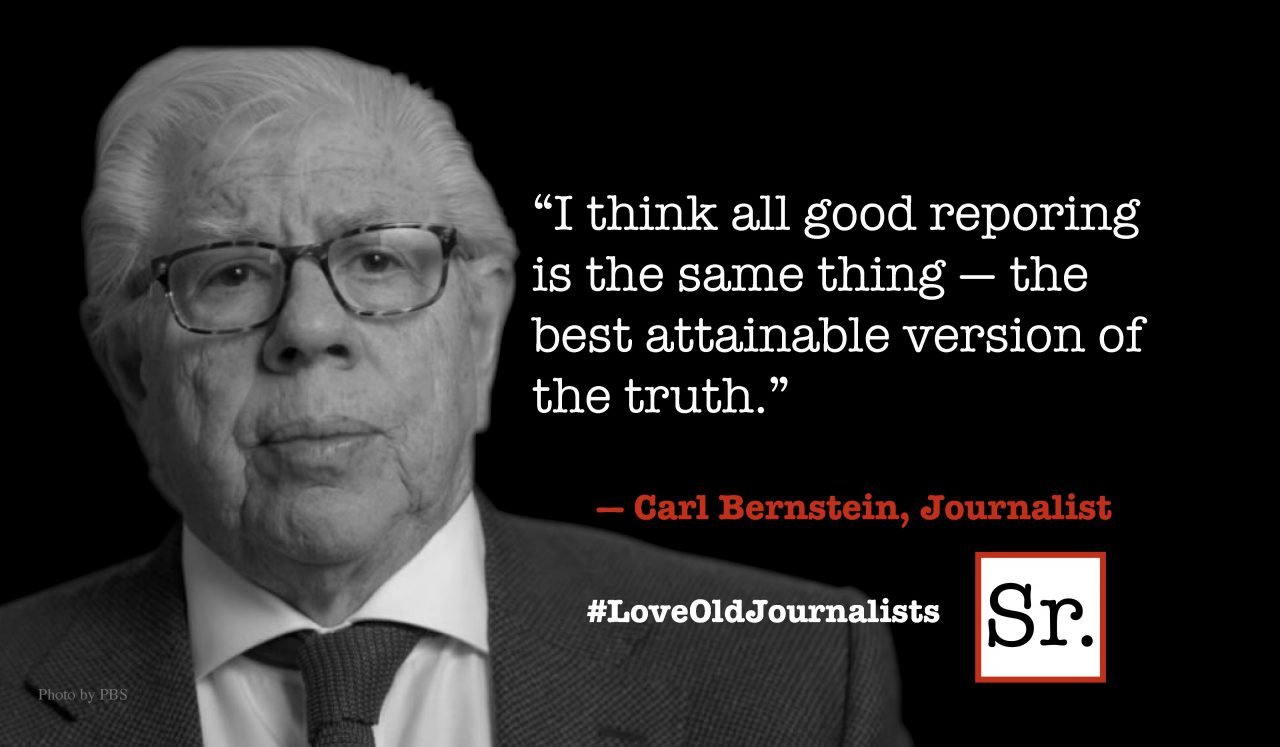No! One returning swallow doesn’t mean that Summer has arrived. Herein lies a fallacious trap into which both conservatives and liberals have often fallen.
On February 25, 2015, Oklahoma Senator James Inhofe brought a snowball onto the floor of the world’s greatest deliberative body, and lobbed it to one of the chamber’s clerks. It was his less-than-rational effort to prove that climate change is a hoax. He went on to muse that if the earth is really getting warmer how was it that it was unseasonably cold in the nation’s capital. How can the earth be heating up? One snow storm on the east coast proves that the world’s scientists are wrong. Here is an illustration of the old truth that holds that “One swallow doth not a summer make.” This consummate tower of wisdom had previously written a book claiming that global warming was a fraud, perpetrated by Al Gore and a collection of liberal stooges employed by the alternative energy industry.
But just a minute. Recently a cadre of liberals demonstrated that they too can be snared by the one swallow fallacy. Well, there might have been two or three swallows.
I’m referring to the storms that boiled up in the Atlantic Ocean and attacked Houston, the Caribbean Islands, and Florida. You guessed it. Before the wind ceased and the clean-up began, here was proof that climate change was the real McCoy.
If you are serious about making a point either for or against climate change, then relying on these one-off happenings ought to be out of bounds. The vast majority of the world’s scientists have amassed scads of serious research on the subject, and no scientist worth the title would rely on drawing a conclusion based on a single—or a dozen—anecdotes selected to prove the point or to bolster a conclusion already assumed.
In some very religious circles, all that is needed is a single verse or just part of a verse—a Bible snippet—or even two, three or more unrelated verses strung together. So, Judas went out and hanged himself—go and do thou likewise—and whatever you do, do quickly—and you will have treasures in heaven. I have often challenged Bible thumpers to come up with some religious point, no matter how obscure, and I will produce snippets to prove it and other snippets to disprove it. The Bible is a rich resource for multitudes of us, but it is not a collection of verses given to us so we can prove whatever we want to prove.
The fallacy has its roots in coming to a conclusion and then searching for evidence to back it up, instead of starting with massive evidence and from it drawing a conclusion or even pointing in that direction. How many expeditions have scaled what someone believed was Mount Ararat looking for Noah’s ark? But first they concluded that the tale of the ark and Noah, with his collection of a few million animals that landed there with him, is a historic fact, and not a story variously told over centuries in almost every culture in an effort to explain a natural catastrophe.
The scientific community has produced scads of evidence affirming the reality of global warming and the human activity that has helped cause it. So beware of the one swallow fallacy, which “proves” what you have already concluded to be true—or false.









